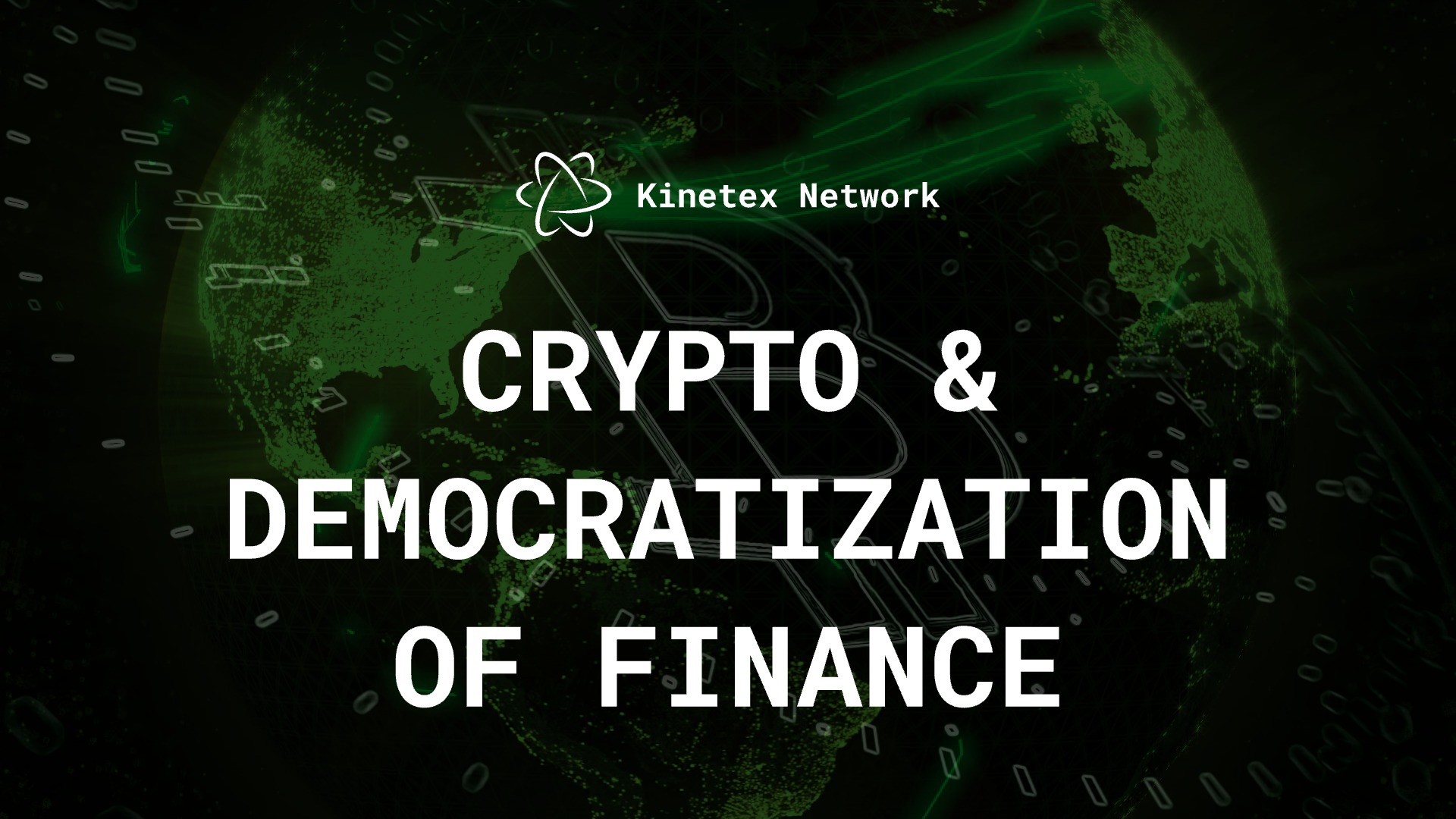The Role of Cryptocurrency in Economic Development and Financial Inclusion
Dubai, UAE, 29th May 2024, Cryptocurrencies and the DeFi sector that supports them have emerged as an innovative force that triggered the world of traditional finance, promising new opportunities for economic growth and financial participation on a much broader scale. While conventional financial systems struggle with issues of accessibility, transparency, and inclusivity, crypto offers a compelling alternative that can empower individuals and communities worldwide. Let’s examine how cryptocurrencies help promote economic growth and encourage financial inclusion globally.

The Accessibility of Banking Services
The absence of access to conventional banking services, which is especially evident in developing nations and underserved communities, is a major obstacle to more thorough financial inclusion. An estimated 1.7 billion adults globally are still unbanked, meaning they lack formal financial services such as bank accounts, credit, insurance, etc. As a result, they miss out on life-changing opportunities.
Crypto assets and services provide a decentralized alternative to traditional banking systems, thus enabling individuals to access banking services even if they cannot do so conventionally due to geographical or documental reasons. By being more accessible and inclusive, blockchain-driven finance platforms grant a level of economic independence and empowerment previously unavailable to many. Thus, cryptocurrencies offer a vital lifeline for unbanked and underbanked populations, allowing them to send and receive money, ask for credit, take care of savings, and partake in the global economy. This newfound financial inclusion has the potential to lift millions out of poverty and spur economic growth in regions lacking traditional banking infrastructure.
Transferring Value Across the Globe
One aspect of banking that is especially crucial for many communities is transferring value across countries. Remittances are essential for many developing economies as they serve as a financial lifeline for millions of families through money transfers sent by migrant workers. However, traditional remittance channels are often costly, slow, and inaccessible to individuals without bank accounts. Cryptocurrencies present a feasible alternative for payments and remittances, both within a country and cross-border, allowing people to send money rapidly, securely, and often much cheaper than traditional services.
Cryptocurrencies streamline the remittance process by utilizing blockchain technology and bypassing intermediaries. Therefore, they can reduce both fees and transaction times significantly while enhancing accessibility for recipients. For individuals in developing countries dependent on remittances for their livelihood, crypto products and services offer a more cost-effective and fast means of receiving funds, enabling them to promptly address their financial conditions and improve their quality of life.
A Driver Behind Opportunities
Access to extra capital is a fundamental driver of economic development, enabling individuals to start businesses, invest in education and training, and pursue entrepreneurial opportunities. However, traditional financing options, such as bank loans and venture capital, are often out of reach for many aspiring entrepreneurs, particularly in developing economies.
The crypto industry can also help with that by democratizing fundraising and investment opportunities. By tokenizing assets and creating their own tokens on blockchain networks, struggling entrepreneurs have the chance to secure funding from investors worldwide, avoiding the need to go through traditional financial mediators and regulatory obstacles.
Moreover, decentralized finance (DeFi) apps and platforms allow easier access to other financial services, such as lending, borrowing, and trading, helping individuals to borrow capital and gain new income streams without traveling to the nearest bank chain or waiting to receive certain documents. Consequently, the DeFi sphere can unlock new options for ordinary individuals and entrepreneurs, driving economic growth and job creation in underserved communities and catalyzing innovation and entrepreneurship in developing economies.
Final Thoughts
Crypto has already started to impact communities across the globe, and it is only the beginning. While it also presents several challenges that need to be addressed and managed, including regulatory uncertainty, cybersecurity risks, and volatility, the transformative potential of cryptocurrencies and related services in fostering economic development and financial inclusion cannot be overstated. By harnessing the power of blockchain technology to build more inclusive and accessible financial systems, we can empower even more people around the planet to participate more fully in the global economy and achieve greater economic security and prosperity.
Kinetex Network: Website | Kinetex dApp | Blog
Disclaimer: The views, suggestions, and opinions expressed here are the sole responsibility of the experts. No Weekly Central USA journalist was involved in the writing and production of this article.
